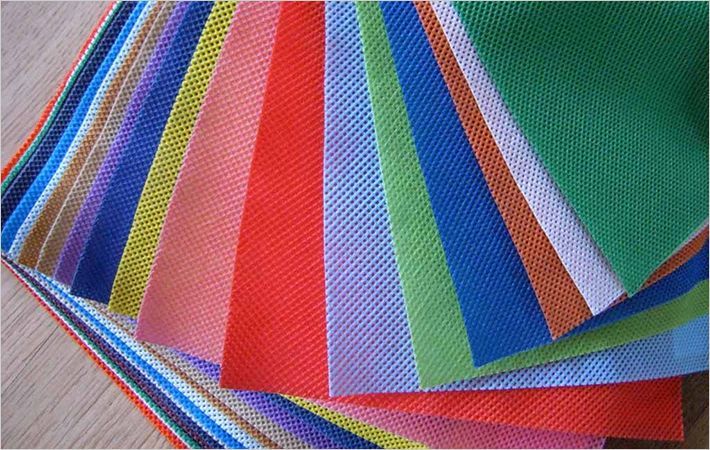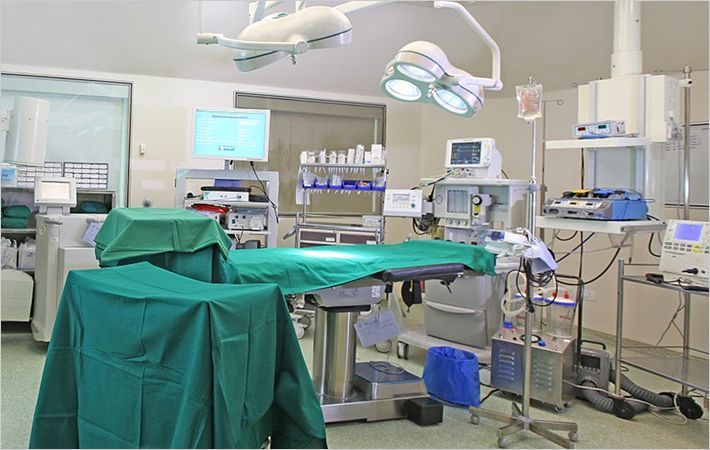The Hohenstein Institute in Bonnigheim is set to participate in the Techtextil show in Frankfurt, Germany from May 4 to 7, 2015, with the theme “Progress through research”.
One of the features to be presented at the show is the artificial uterus “ARTUS”. Through ARTUS, the experts at the institute have developed the world’s first system for helping premature babies develop by providing sensory stimulation. As part of a research project, the scientists at Hohenstein have developed an initial prototype which will be on display on their booth at the show. It is used inside an incubator, where acoustic stimuli like the mother’s heartbeat and voice are transmitted to the premature baby, together with mechanical sensations like the gentle rocking experienced in the mother’s body, Hohenstein said in a media release.The Hohenstein Institute in Bonnigheim is set to participate in the Techtextil show in Frankfurt, Germany from May 4 to 7, 2015, with the theme #
Another highlight of the show is the large scale survey of 3D head shapes. Researchers at the institute have spent about two years measuring the heads of 6000 men, women and children, and thoroughly examining their shapes and dimensions. With the help of more than 40 defined measuring points, they analysed the circumference, width and length of the head and many other important dimensions, and evaluated them statistically and succeeded in developing a new sizing chart specifically for heads, and for the first time defined characteristic 3D head shapes.
The “Spacetex 2030” design competition, another part of the show, would be for students who need to submit creative designs to answer the question “What particular kinds of functionality does clothing for astronauts have to offer, especially in the light of long-term missions?”
The competition is based on the current research project, “Spacetex”, which is being carried out jointly by the Hohenstein, Schoeller Textil AG (Sevelen - Switzerland), Charité (Berlin - Germany) and DLR (Bonn/Bremen - Germany). The aim of the project is to obtain data about the interaction of body, clothing and climate in zero gravitation.
The institute will also present STeP (Sustainable Textile Production), the OEKO-TEX certification system for brands, retail companies and manufacturers in the textile chain who want to communicate their achievements regarding sustainable production to the public in a transparent, credible and clear manner. With the product label “Made in Green by OEKO-TEX”, the OEKO-TEX association based in Switzerland is introducing a new certificate for textiles that have been proven not to be harmful to health and are also produced in sustainable and socially responsible conditions. (GK)
Fibre2fashion News Desk - India

